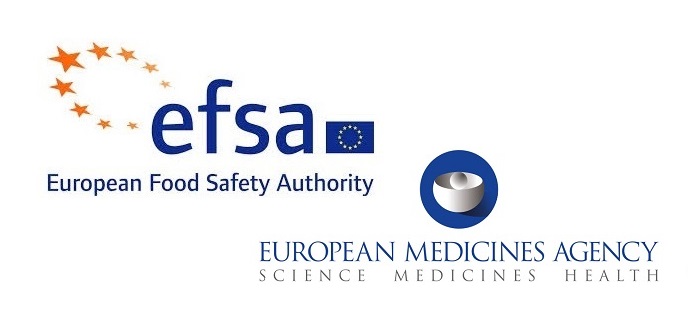It’s time to reduce, replace and re-think the use of antimicrobials in animals says the European Food Safety Authority (EFSA) and the European Medicines Agency (EMA).
The two bodies have issued a joint opinion today stating that reducing the use of antimicrobials in food-producing animals, replacing them where possible and re-thinking the livestock production system is essential for the future of animal and public health.
“It is clear that strategies that are already available can be implemented immediately and will have a positive impact on levels of antimicrobial resistance,” said EFSA’s Executive Director, Dr Bernhard Url. “At the same time, there is a need for innovative solutions; we need to find alternative ways to prevent and treat bacterial infections in animals.”
EMA’s Executive Director, Professor Guido Rasi, agreed: “There are only a few new antibiotics in the development pipeline, hence those already available need to be used responsibly, both in humans and animals.
“Collecting data on AMR and antibiotic consumption is key to putting into place effective measures to control AMR and retain the effectiveness of antimicrobials for the benefit of public and animal health.”
The two bodies also issued their “next steps” agenda, as follows:
- In February 2017, EFSA and the European Centre for Disease Prevention and Control (ECDC) will publish their annual report on the levels of antimicrobial resistance in food, animals and humans across the EU.
- EFSA, EMA and ECDC are also working on a report that assesses the link between consumption of antimicrobials and development of resistance in bacteria found in animals and humans – due to be published at the end of July 2017.
- By the end of 2017, the three agencies will propose a list of indicators enabling risk managers to monitor the reduction of antimicrobial resistance and the use of antimicrobials in humans, food-producing animals and food.




